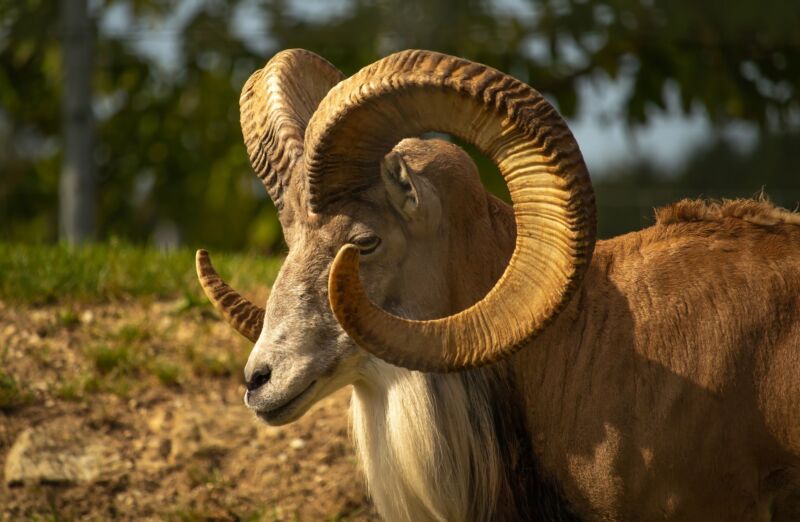
Getty Images
Readers of a certain age might remember Dolly, a Finn-Dorset sheep born in 1996 to three mothers and some proud Scottish scientists. Dolly generated global headlines just by being alive, as she was the first mammal to be cloned using DNA taken from body (somatic) cells.
In this form of cloning, a somatic cell provides the cloned animal’s complete DNA, which is then injected into an unfertilized egg cell that has had its existing genetic material removed. Zap the egg with a bit of current, implant it into the womb of a surrogate mother, wait a few months, and bam—out pops Dolly.
The process proved that the magic of embryonic development wasn’t hidden only in eggs and sperm; even somatic cells from mature animals were capable of reproducing the whole creature and of generating any cell needed by the developing embryo.
Dolly was more than a science experiment, though; she helped kickstart an entire commercial industry in animal cloning. Once the technology made it possible, what would people want to clone? Their pets, for one, but also high-value animals—especially those creatures that were both rare and illegal to possess.
All of that explains how an octogenarian rancher named Arthur Schubarth yesterday found himself sentenced to six months in federal prison for cloning a sheep.
Clone wars
Just like computing, cloning technology has come a long way since 1996. And just like computing, cloning has become a service. You no longer need a lab; today, you can just ship cells off to a company, have them create cloned embryos and store the embryos in a freezer, and then—at a time of your choosing—have the embryos show up in your mailbox for local implantation into a surrogate animal mother.
Arthur Schubarth ran a 215-acre Montana game farm called Sun River Enterprises that specialized in raising mountain sheep and goats. The animals were often sold to game ranches where hunters would track and kill them for sport.
Buyers wanted “trophy” animals, and in the world of big game sheep hunting—which I have just learned is a thing—the Mountain Polo argali (ovis ammon polii) is the biggest and gamiest. Argali sheep can grow to 300 pounds, making them the largest sheep in the world, and they have the largest horns of any wild sheep.
If you want to complete an “Ovis World Slam,” you need to embark on a global sheep-slaughtering tour and kill at least 12 wild varieties. Given their size, argali sheep are one of the most sought, but they live largely in the mountainous regions of Pakistan, Afghanistan, Kyrgyzstan, and Tajikistan.




















+ There are no comments
Add yours